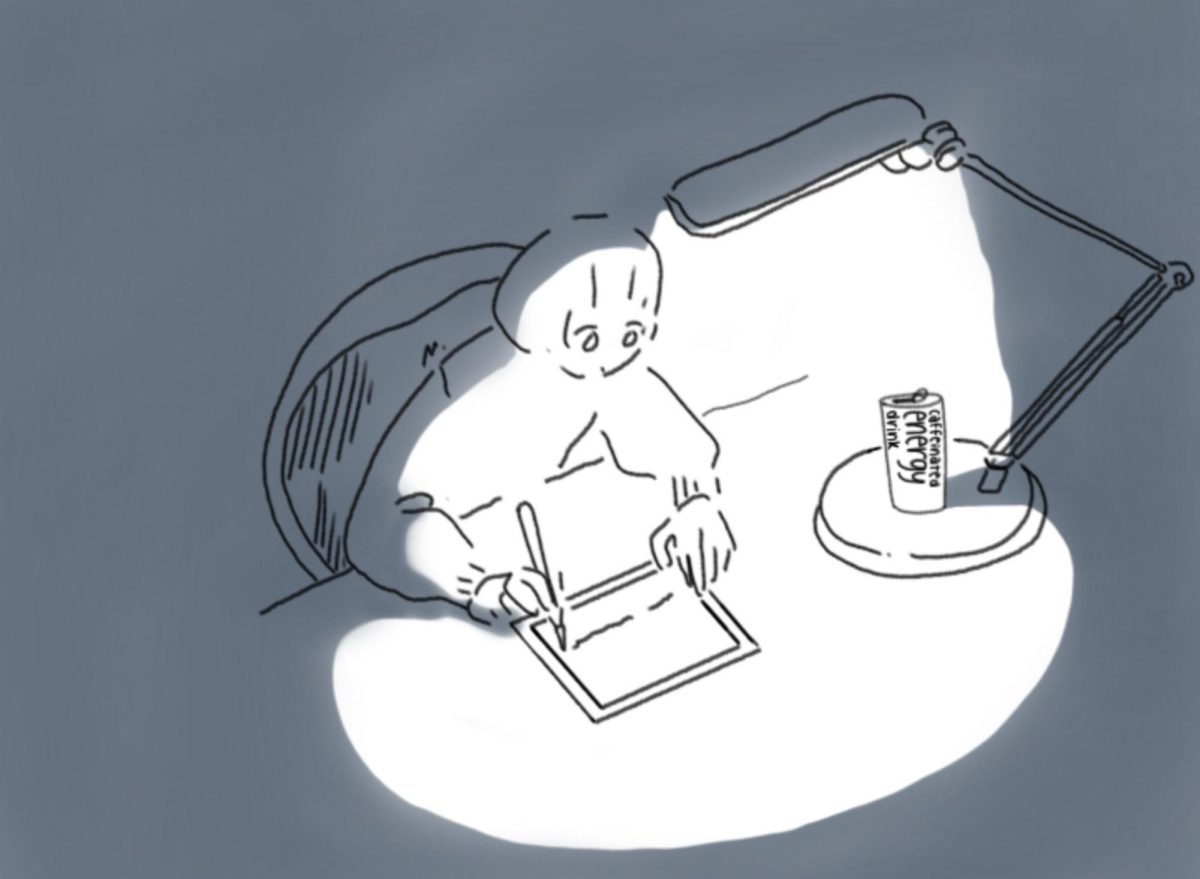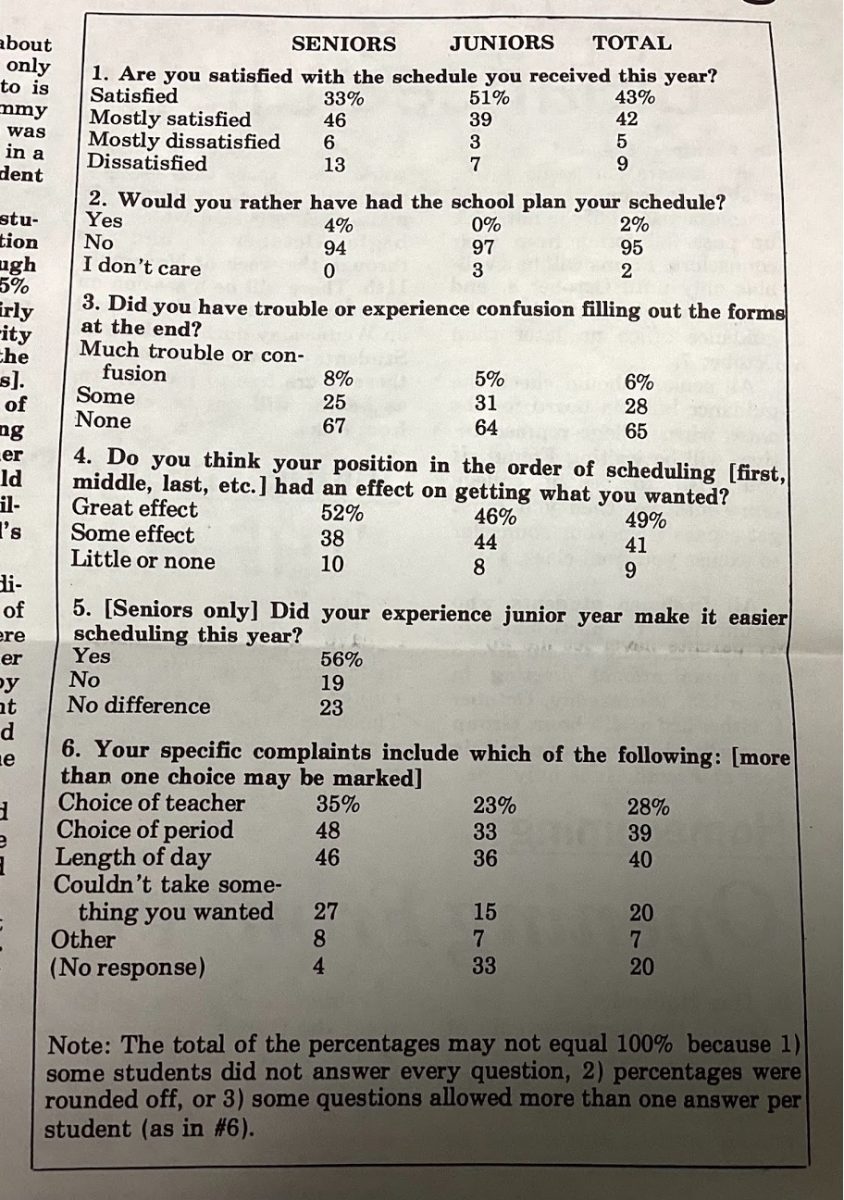For some students, finals are a familiar challenge, while for others, it’s a brand-new test of endurance and preparation. With textbooks stacked high and notes scattered across desks, the question on everyone’s mind is the same: How do I make it through?
To help students navigate this high-stakes season, Fremd’s teachers have offered a behind-the-scenes look at how to study smarter and make the most of the weeks ahead.
When it comes to preparing for finals, Fremd teachers know what works. Math teacher Christopher Grattoni encourages solving practice problems daily to build confidence.
“I think the best way to prepare is to do lots of problems and make a study guide of formulas and notes that you took. Then dive in and do difficult problems and try to figure out where you made mistakes when you solve the problem,” Grattoni said.
Meanwhile, social studies teacher Lindsey Corcoran emphasized the importance of understanding, for social study classes, overarching themes rather than memorizing specific facts.
“One of the most challenging things in a history final is that we cover so much content during a semester,” Corcoran said. “So come up with a timeline for yourself of everything that was covered for the semester, and then pick which units you feel the least confident in and dedicate more time to studying those.”
In addition, teachers recommended leveraging study guides, creating flashcards, and breaking down large topics into smaller, manageable sections.
Balancing mental health with academic demands is key during finals season. While finals may be academically demanding, teachers emphasize that mental health should never take a backseat. The pressure to perform can feel overwhelming, but maintaining balance is key. Teachers suggested prioritizing activities that promote relaxation and reduce anxiety, like listening to music, taking walks, or practicing mindfulness techniques such as deep breathing or yoga.
Science teacher Jennifer Carlson highlighted the importance of prioritizing rest. “If you’re studying too much and too hard, you try to study every single thing that every teacher has taught you over the last few months, you’re going to burn out,” Carlson said.
Finals season requires juggling multiple subjects, deadlines, and priorities—making time management a crucial skill. Teachers recommended mapping out a study schedule at the start of finals prep. This allows students to allocate time proportionally to each subject while leaving room for breaks and review sessions.
English teacher Christina O’Donnell emphasized creating a realistic study schedule with tasks and deadlines to help with productivity and efficiency.
“The idea of balancing mental health is incredibly important, especially making sure that you have a timeline or a schedule with breaks. I think sometimes people burn themselves out to the point where they can’t really focus because mentally, they’re just not there,” O’Donnell said.
Teachers also addressed common misunderstandings about finals. Instead of focusing solely on the high stakes, teachers encouraged students to view finals as an opportunity to reflect on how much they’ve grown and solidify their understanding of the material.
“I think a lot of students think that they can swing their grade a lot with their final exam, and it really only makes up 20% of your final of your overall grade,” Carlson said. “So 80% the vast, vast, vast majority of it is the day to day work, and you’re not going to be able to just miraculously get an A with one test.”
When asked what advice they wished they’d received as students, teachers reflected on the bigger picture.
Finals are a challenge, but they’re also a chance to grow, both academically and personally.
“Don’t sweat the small stuff and have a good sense of humor. And it’s all going to be okay. One bad grade is not the end of the world,” Spanish teacher Elizabeth Houchins said.











